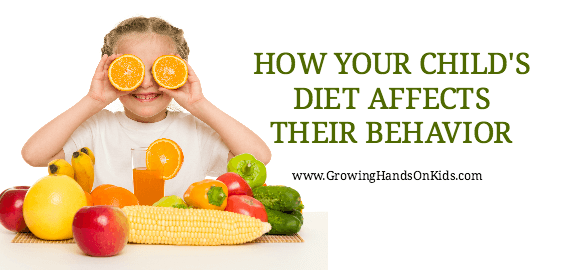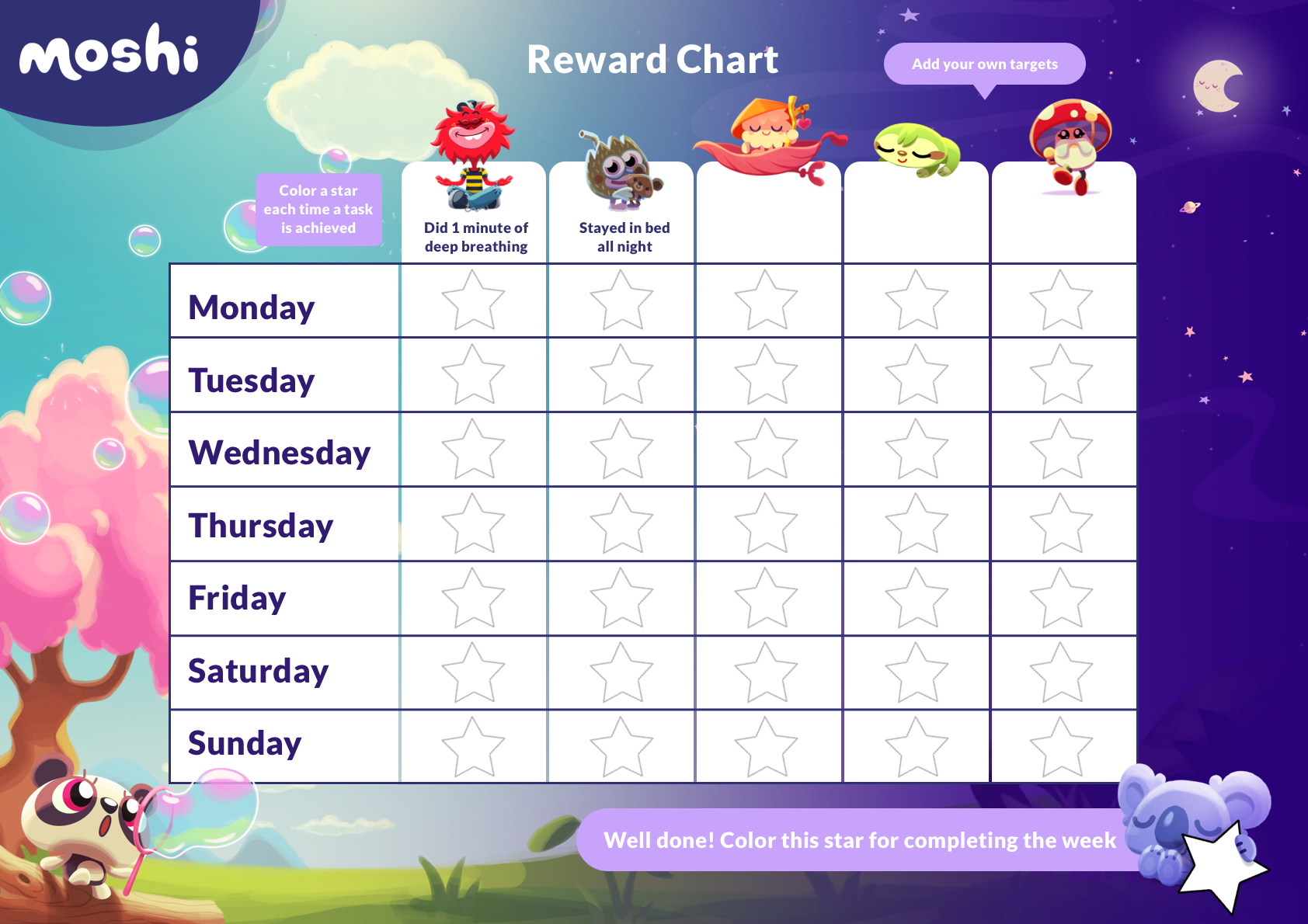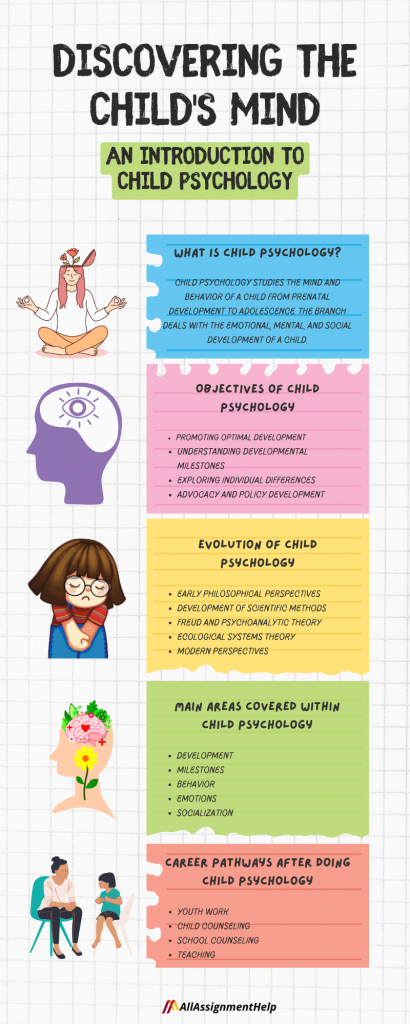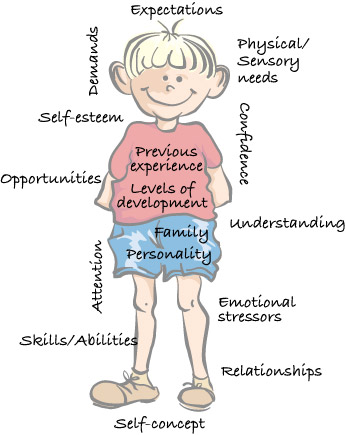Can Diet Affect a Child’s Behaviour? Here’s What You Need to Know Have you ever wondered if what your child eats could be influencing how they act?
Maybe you’ve noticed meltdowns after sugary snacks, restless nights after a big dinner, or bursts of energy that seem to come out of nowhere. You’re not imagining it—what goes into your child’s body can impact not just their health, but their mood, focus, and behavior too.
As a parent, you want your child to thrive—academically, socially, and emotionally. But what if the food on their plate is quietly working against you? The connection between diet and child behavior is more powerful than most people realize. Understanding it could be the missing piece to solving those tantrums, attention struggles, or mood swings you’ve been trying to figure out. Stick with me, because you’ll discover the surprising ways food can shape your child’s behavior. More importantly, you’ll learn practical tips to help set your little one up for success—without completely overhauling your family’s meals. Ready to find out what might really be behind those challenging moments? Let’s dive in.

Credit: www.growinghandsonkids.com
The Link Between Food And Mood
Did you know that what children eat can influence their mood? Research shows a connection between overall diet quality and how kids feel and function. Food provides the fuel for their growing brains and bodies. But certain foods may also impact their emotions, focus, and energy levels. Let’s explore how what they eat could shape how they feel and act.
The Role Of Blood Sugar Levels
Foods high in sugar can cause rapid spikes in blood sugar. These spikes often lead to bursts of energy followed by sudden crashes. During crashes, children may feel tired, irritable, or unfocused. Balanced meals with protein, fiber, and healthy fats help stabilize blood sugar. Stable levels can promote consistent energy and better moods throughout the day.
How Nutrients Affect Brain Chemistry
The brain relies on nutrients to produce chemicals like serotonin and dopamine. These chemicals help regulate mood, focus, and stress levels. Omega-3 fatty acids, found in fish and seeds, support brain health (evidence for symptom improvement in attention issues is mixed and generally modest) (meta-analysis, 2023); AAP systematic review, 2024. Vitamins like B6 and minerals such as iron and magnesium are involved in neurotransmitter production. Always talk with your pediatrician before starting any supplement for a child.
The Impact Of Processed Foods
Highly processed foods often lack essential nutrients and may include artificial additives. Some children are sensitive to certain synthetic food dyes and preservatives and may show increased hyperactive behaviors after consuming them (AAP Policy Statement, 2018); OEHHA review, 2021. Offering whole, minimally processed foods can reduce exposure to these additives.
The Gut-brain Connection
The gut and brain communicate through a complex network of signals (the microbiota–gut–brain axis). A healthy gut supports better emotional regulation and mental clarity. Probiotic- and fiber-rich foods can support gut health; evidence for behavior changes varies by condition and strain (systematic review/trial data, 2020).
Hydration And Its Role In Behavior
Dehydration can affect energy levels, focus, and mood. Even mild dehydration may cause headaches or fatigue in children. Encouraging regular water intake supports better concentration and emotional balance. Replace sugary drinks with water to maintain consistent hydration levels (AAP/AHA policy overview, 2019).

Credit: www.amazon.com
How Sugar Impacts Energy Levels
Ever wondered why your child might suddenly become hyperactive or, moments later, completely exhausted? Sugar could be playing a role in this energy rollercoaster. The foods and drinks your child consumes can directly impact their energy levels.
What Happens After A Sugar Rush?
When your child eats sugary snacks or drinks, their blood sugar levels may spike rapidly. This can give a short-lived energy boost followed by a “crash,” leaving them tired or irritable. This cycle can make it hard to focus or manage emotions.
How Does Sugar Affect Sleep And Attention?
High added sugar—especially close to bedtime—can disrupt sleep routines. Regarding attention and behavior, randomized controlled trials generally find that sugar itself does not cause hyperactivity in most children (JAMA meta-analysis, 1995). Some observational studies, however, report associations between higher sugar/SSB intake and ADHD symptoms (systematic review/meta-analysis, 2020). Practically, keeping added sugars low still supports sleep and overall health (AAP HealthyChildren, 2019).
What Can You Do To Balance Their Energy?
First, aim for snacks that provide steady energy. Instead of sugary cereal, try offering oatmeal with fresh fruit. These foods release energy slowly, helping avoid crashes.
Check labels for hidden sugars. Foods like flavored yogurt or granola bars often contain more sugar than you think. Swap them for plain yogurt with honey or homemade trail mix.
Encourage your child to drink water instead of sugary beverages like soda or juice. Staying hydrated supports stable energy levels and helps prevent sugar cravings (AAP News, 2019).
Could Cutting Sugar Improve Your Child’s Behavior?
If you notice patterns of hyperactivity followed by fatigue or irritability, it may be worth reducing added sugar and watching for changes. Many families report better attention, fewer mood swings, and improved sleep with lower-sugar routines—while recognizing that responses vary.
Role Of Nutrients In Emotional Health
Have you ever wondered if the food your child eats could influence their mood or behavior? A child’s brain and body need specific nutrients to function properly, and when these are missing, it can affect how they feel, think, and act.
How Omega-3 Fatty Acids Support Emotional Stability
Omega-3 fatty acids (e.g., salmon, walnuts, flaxseed) are important for brain development. Clinical research shows mixed but generally small benefits for attention symptoms in some children (meta-analysis, 2023); AAP review, 2024. Food-first approaches are preferred; discuss any supplements with your pediatrician.
The Role Of Magnesium In Reducing Anxiety
Magnesium (spinach, almonds, beans) supports normal nervous system function. Evidence for magnesium supplements improving anxiety in children is limited and mixed; consult your clinician before using supplements (systematic review, 2017).
Can Sugar Spike Emotions?
Large swings in blood glucose can contribute to irritability and fatigue. While sugar itself has not been shown to cause hyperactivity in most children in randomized trials (JAMA, 1995), high-added-sugar patterns can still undermine sleep and energy balance (AAP, 2019).
Why Iron Matters For Emotional Well-being
Iron helps carry oxygen to the brain and maintain energy levels. Low iron can contribute to fatigue and mood changes. Offer iron-rich foods (e.g., lean meats, beans, spinach) and discuss testing with your pediatrician if you have concerns.
Vitamin D: The Sunshine Nutrient
Vitamin D supports bone and overall health and may influence mood. Foods like fortified milk, egg yolks, and fatty fish help; safe outdoor time can boost vitamin D. Ask your pediatrician before supplementing.
Have you noticed any changes in your child’s behavior after they eat certain foods? Paying attention to patterns can help you tailor their meals.

Credit: healthymummywellness.com
Artificial Additives And Hyperactivity
Have you ever noticed your child bouncing off the walls after a brightly colored treat? Some children are sensitive to synthetic food dyes and preservatives. Research suggests these additives can contribute to hyperactive behaviors in a subset of children (The Lancet, 2007); AAP, 2018); OEHHA, 2021. In the U.S., FD&C Red No. 3 has now been revoked for use in food (compliance deadline January 15, 2027) (FDA, 2025).
What Are Artificial Additives?
Artificial additives are chemicals added to foods to enhance flavor, color, or shelf life. You’ll often find them in processed snacks, candies, sodas, and cereals. Examples include dyes like Red 40 and Yellow 5, and preservatives like sodium benzoate.
How Do Artificial Additives Affect Hyperactivity?
Some sensitive children may experience restlessness, difficulty concentrating, or impulsivity after consuming certain additives. Eliminating identified triggers can help reduce symptoms (AAP guidance, 2018).
Spotting Additives In Everyday Foods
Reading labels is your best defense. Look for ingredient names like “Red 40,” “Yellow 6,” or “sodium benzoate.” Swapping processed foods for whole-food options reduces exposure.
Simple Changes You Can Make
- Choose snacks with short, recognizable ingredient lists.
- Try homemade treats using fruit or natural colorings.
- Phase out sugary drinks; opt for water or naturally flavored seltzer.
Gut Health And Brain Function
Gut health plays a role in a child’s behavior and emotions. The gut is often called the “second brain” because of its connection to mental health. A healthy gut supports clear thinking, emotional stability, and better focus. Poor gut health may link with irritability or difficulty concentrating.
The gut and brain communicate through the gut-brain axis (nerves, hormones, and immune signals). Supporting the gut with balanced meals can positively influence overall well-being (review, 2022).
What Is The Gut-brain Axis?
The gut-brain axis is the bidirectional communication network between the gut and brain. The gut produces neurotransmitters like serotonin, which help regulate mood and focus. Disruptions in this system may contribute to behavioral issues.
Role Of Gut Microbiota In Behavior
Trillions of microorganisms live in the gut. Balanced microbiota are associated with calmer mood and better focus in some studies; imbalances may correlate with hyperactivity or mood swings (systematic review, 2024).
Foods That Promote Gut Health
Include fermented foods (e.g., yogurt, kefir) and fiber-rich fruits, vegetables, and whole grains to feed beneficial bacteria. Limiting ultra-processed snacks and sugary drinks can also support a healthier gut environment.
Creating A Balanced Diet For Better Behaviour
Have you ever wondered if what your child eats could affect their mood or how they behave? A balanced diet doesn’t just nourish their growing bodies—it also plays a key role in shaping their emotions, focus, and social interactions.
Creating a balanced diet for better behavior doesn’t have to be complicated. Small, consistent changes can make a big difference. Let’s break it down step by step so you can make food a powerful ally in your child’s daily life.
1. The Role Of Protein In Stabilizing Energy Levels
Does your child often seem cranky or tired by mid-morning? A lack of protein at breakfast might be the culprit. Protein helps keep blood sugar stable, which prevents energy crashes and mood swings.
Try adding eggs, yogurt, or nuts to their morning meal. If your mornings are rushed, consider quick options like a boiled egg or a protein-packed smoothie.
2. Healthy Fats For Brain Development
Children’s brains thrive on healthy fats. Omega-3 fats can support brain function; evidence for attention benefits is modest (meta-analysis, 2023).
3. The Danger Of Excess Sugar
Think about the last time your child had a sugary snack. Energy spikes can be followed by crashes that affect mood. Keep added sugars in check for better sleep and steadier energy (AAP, 2019).
4. The Importance Of Micronutrients
Micronutrients like zinc, iron, and magnesium are small but mighty. Deficiencies can affect mood and energy. Aim for a colorful plate with beans, leafy greens, lean meats, and whole grains.
5. Hydration: The Often Overlooked Factor
Mild dehydration can cause irritability and fatigue. Encourage water throughout the day (AAP News, 2019).
6. Creating Balanced Meals Without The Stress
You don’t need to be a gourmet chef. Include a protein, a healthy fat, and a colorful veggie in most meals. If your child is picky, offer variety and let them choose. Over time, they’ll develop a palate for balanced eating.
Frequently Asked Questions
How Does Diet Affect A Child’s Behaviour?
A child’s diet influences energy, mood, and focus. Nutrient-rich, minimally processed foods support brain function. Some children may be sensitive to certain additives (e.g., synthetic dyes), which can worsen hyperactive behaviors (AAP, 2018).
What Are 5 Factors That Could Influence A Child’s Behaviour?
Parenting style, environment, peer influence, emotional health, and developmental stage are key factors influencing a child’s behavior.
What Foods Cause Mood Swings In Toddlers?
Patterns high in added sugars and ultra-processed snacks can lead to energy spikes and crashes. Some toddlers may also react to artificial dyes/preservatives. Balanced meals with whole foods help stabilize emotions (AAP, 2019); OEHHA, 2021.
Which Food Additive Has Been Linked To Behavioral Issues In Children?
Synthetic food dyes have been associated with hyperactive behaviors in a subset of children (Lancet, 2007); AAP, 2018). In addition, the FDA revoked authorization for FD&C Red No. 3 in foods (compliance by Jan 15, 2027) (FDA, 2025).
Conclusion
A child’s diet plays a meaningful role in shaping behavior. Nutritious meals can support more consistent mood and focus. Foods high in added sugars or certain additives may contribute to irritability or restlessness in some children. Small, sustainable changes often make a noticeable difference.
Pay attention to what your child eats and how it affects them. Every child is unique. Building healthy eating habits early can benefit both body and mind. When considering supplements or elimination diets, consult your pediatrician. Start simple, stay consistent, and watch the positive impact unfold.
A balanced diet truly supports a balanced life.







